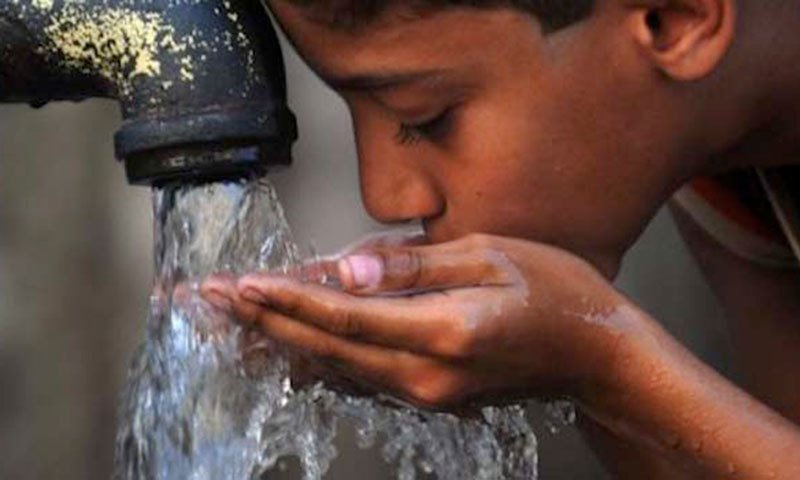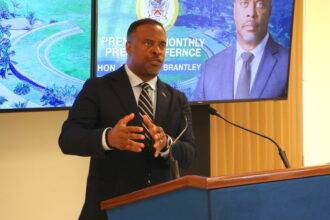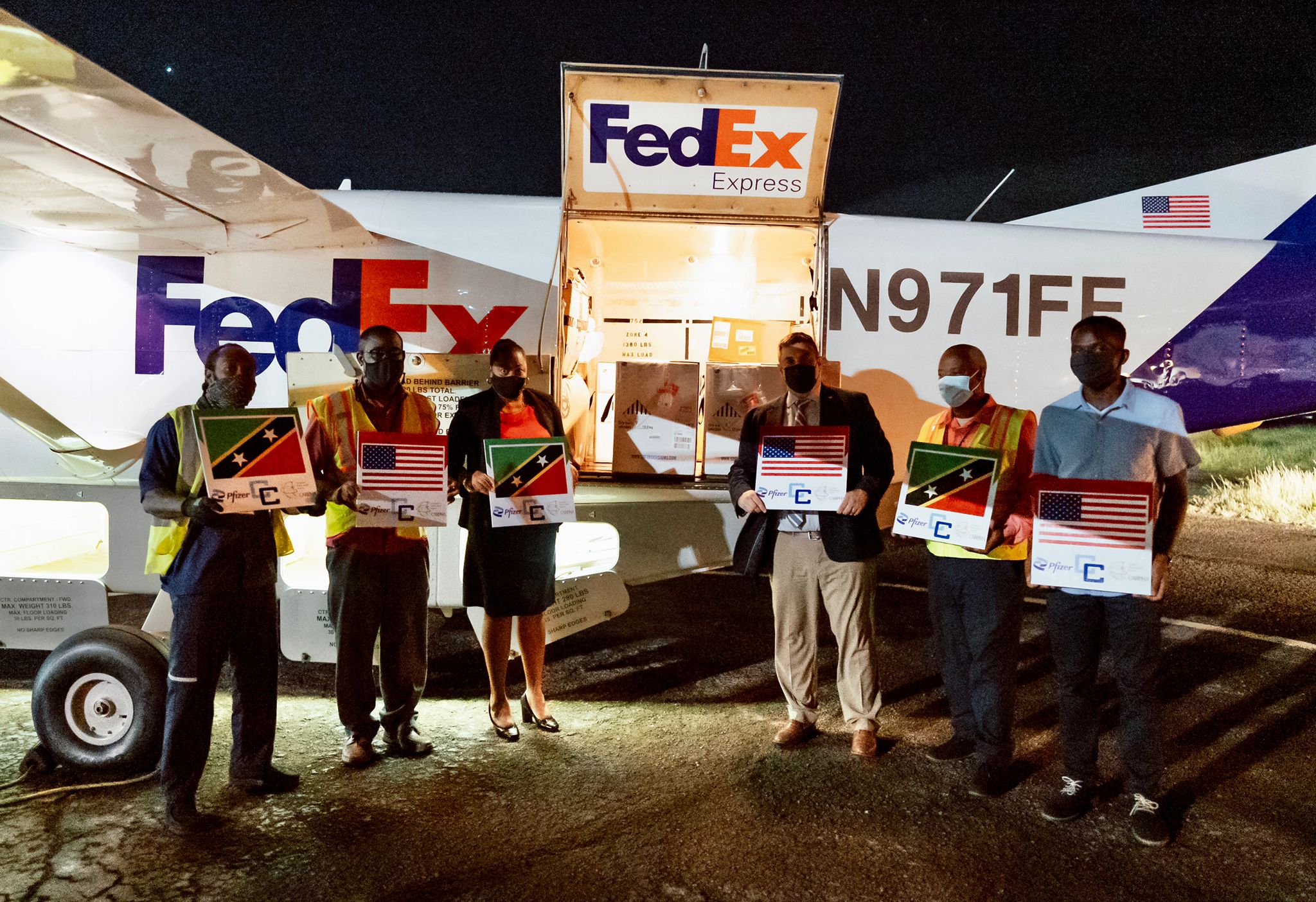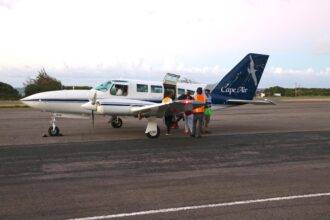By: E. Williams
BASSETERRE, ST. KITTS, 13TH SEPTEMBER 2017 – The International Federation of the Red Cross (IFRC) said although St. Kitts and Nevis suffered relatively minor damages, in comparison to other Caribbean islands, “concerns have been raised about the risk of vector and waterborne diseases.”
ReliefWeb, an organization that helps to improve the collective understanding of the humanitarian aid community, shares an IFRC statement by Anita Dullard that said in the weeks following the hurricane, the threat of Dengue, Chikungunya and Zika outbreaks could increase as the floodwaters subside and debris filled with stagnant water become ideal breeding sites for the Aedes aegypti mosquito – the main vector for these diseases. Red Cross volunteers will work alongside the community to reduce the risk of outbreak.
“Other islands affected by the hurricane are also registering concern about the increased risk of these diseases,” IFRC said.
It noted that across the Caribbean, Hurricane Irma cut a swath of destruction that impacted communities in more than a dozen nations and Island territories, destroying or severely damaging thousands of buildings, and claiming at least 28 lives. More than 1.2 million people were exposed to its effects.
IFRC said it has released more than 720,000 Swiss francs to ensure a rapid Red Cross response in Antigua and Barbuda, St. Kitts and Nevis, the Dominican Republic and Haiti.
“In addition to supporting Caribbean National Societies, IFRC is working with the British, French, Netherlands and American Red Cross Societies which have territories and overseas branches in several Caribbean islands to coordinate and support preparedness and response efforts. Other partner National Societies are providing precious support, including staff, to contribute to the response,” IFRC said.
ReliefWeb said it has been the leading online source for reliable and timely humanitarian information on global crises and disasters since 1996.
It relies on information contributed by numerous organizations.
“We welcome documents from a variety of sources, including NGOs, UN agencies, Governments, think tanks and the media, among others. We publish situation reports, appeals, policy documents, analyses, press releases and maps. We also publish job vacancies and training courses that are of benefit to the humanitarian community.








